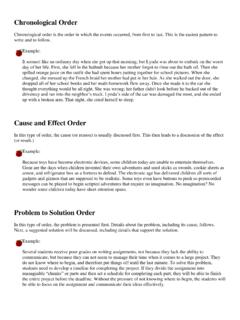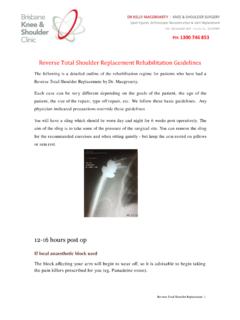Transcription of GE Reverse Stock Split Frequently Asked Questions
1 GE Reverse Stock Split Frequently Asked Questions As of June 23, 2021. On June 18, 2021, GE announced that it will proceed with the 1-for-8 Reverse Stock Split , a corresponding proportionate reduction in the number of shares of GE Common Stock , par value $ (the Common Stock ), authorized for issuance under the certificate of incorporation and a reduction in the par value of GE Common Stock to $ per share, which was previously approved by GE shareholders at the annual shareholders meeting on May 4, 2021 (the Reverse Stock Split ). GE plans to file an amendment to its certificate of incorporation to effectuate the Reverse Stock Split after the close of trading on July 30, 2021, and GE common Stock will begin trading on a Split -adjusted basis on August 2, 2021.
2 Additional information relating to the Reverse Stock Split was included in the definitive proxy statement for the 2021 annual meeting of shareholders, which was filed with the Securities and Exchange Commission on March 22, 2021 (the Proxy Statement ). What is a Reverse Stock Split ? A Reverse Stock Split exchanges a fixed number of existing shares for a smaller number of new shares. The new shares initially have a higher price, but there are fewer of them. Why is GE doing a Reverse Stock Split ? In recent years, as GE's transformation has accelerated, we have divested significant businesses, from NBC Universal to Oil & Gas and with the recently announced sale of GECAS - nearly all of GE Capital.
3 Through these divestitures, we have not reduced our share count proportionally leaving us in the unusual position of having nearly billion shares outstanding, a much higher share count than other industrial companies. The purpose of the Reverse Stock Split is to reduce the number of our outstanding shares of common Stock , and to increase the per share trading price of our Stock to levels that are better aligned with companies of GE's size and scope and a clearer reflection of the GE of the future, not the past. It also marks another step in GE's transformation to be a more focused, simpler, stronger high-tech industrial company.
4 How will the GE Reverse Stock Split work? At a ratio of 1-for-8, every 8 shares of GE common Stock will be automatically combined into 1 share and the Stock price is expected to initially increase proportionately. This will reduce the number of outstanding shares from ~ billion shares to ~ billion shares. When will the Reverse Stock Split be effective? GE plans to file an amendment to its certificate of incorporation to effectuate the Reverse Stock Split after the close of trading on July 30, 2021, and GE common Stock will begin trading on a Split -adjusted basis on August 2, 2021. How will the Reverse Stock Split impact dividend payments?
5 We do not currently anticipate that the Reverse Stock Split will result in a change to the total value of the quarterly dividend that shareholders receive. That means if the quarterly dividend per share is $ , the dividend per share post- Reverse Stock Split would be $ Although the Board of Directors of GE reserves the right to change the company's dividend policy in the future, we currently anticipate that the per share dividend paid initially will be proportionately adjusted to reflect the Reverse Stock Split . What is the difference between a registered holder and a beneficial holder? Shareholders that hold shares directly with GE, or its transfer agent, Equiniti, are considered registered shareholders.
6 Shareholders that hold their shares through a brokerage firm, bank, trust or other similar organization are considered beneficial shareholders. I'm a GE registered shareholder. What happens to my shares? At a ratio of 1-for-8, every 8 shares of GE common Stock will be automatically combined into 1 share and the Stock price is expected to initially increase proportionately. Registered shareholders who would otherwise hold fractional shares because the number of shares of common Stock they held before the Reverse Stock Split is not evenly divisible by eight will be entitled to receive cash (without interest, and subject to any required tax withholding applicable to a holder) in lieu of such fractional shares.
7 For example, if you held 80 shares before the Reverse Stock Split , you would hold ten shares after the Reverse Stock Split becomes effective. If you held 85 shares before the Reverse Stock Split , you would hold ten shares after the Reverse Stock Split becomes effective, and receive a cash payment in lieu of the five pre- Reverse Stock Split shares that would have otherwise been converted into fractional shares. I'm a GE beneficial shareholder. What happens to my shares? Shares of GE common Stock held by shareholders that hold their shares through a brokerage firm, bank, trust, or other similar organization will be treated in the same manner as shares held by registered shareholders.
8 Accordingly, brokerage firms, banks, trusts and other similar organizations that hold shares of GE common Stock will be instructed to effectuate the Reverse Stock Split for the beneficial owners of such shares. However, those organizations may implement different procedures than those to be followed for registered shareholders for processing the Reverse Stock Split , particularly with respect to the treatment of fractional shares. If you have any Questions regarding the application of the Reverse Stock Split to your shares, we encourage you to contact the brokerage firm, bank, trust, or other similar organization that holds your shares.
9 2. I'm a GE employee or former employee. What happens to my equity awards? Holdings under GE benefit plans, including equity awards, will generally be adjusted to preserve value as of the date of the Reverse Stock Split . Plan participants will receive specific communications with further details about what to expect leading up to the Reverse Stock Split . Will the Reverse Stock Split change my percentage ownership or voting power? The Reverse Stock Split , once implemented, will affect all the company's shareholders uniformly and will not affect any shareholder's percentage ownership interest or proportionate voting power, except as may result from the cash-out of fractional shares of common Stock .
10 Do I need to take any action? Beneficial holders: If you are a beneficial holder (your shares are held in the name of a brokerage firm, bank, trust or other similar organization), you do not need to take any action. Registered holders whose shares are held only electronically in book-entry form: If you are a registered holder and your shares are held only electronically in book-entry form on the records of Equiniti, GE's transfer agent, you do not need to take any action to receive post- Reverse Stock Split shares. You will automatically receive, at your address of record, a transaction statement from Equiniti, GE's transfer agent, indicating the number of post- Reverse Stock Split shares held following the implementation of the Reverse Stock Split , and, if applicable, a cash payment in lieu of any fractional shares.



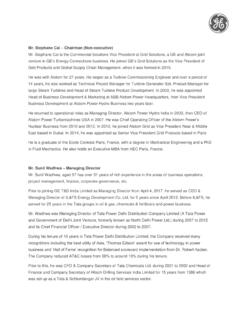



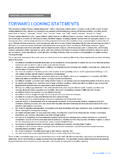


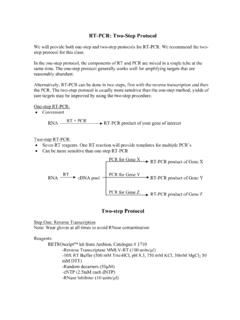
![Reverse Charge Construction - [Reverse Charge Construction]](/cache/preview/e/d/7/6/3/8/e/1/thumb-ed7638e1f045ef82e3f46a5c2955b112.jpg)

